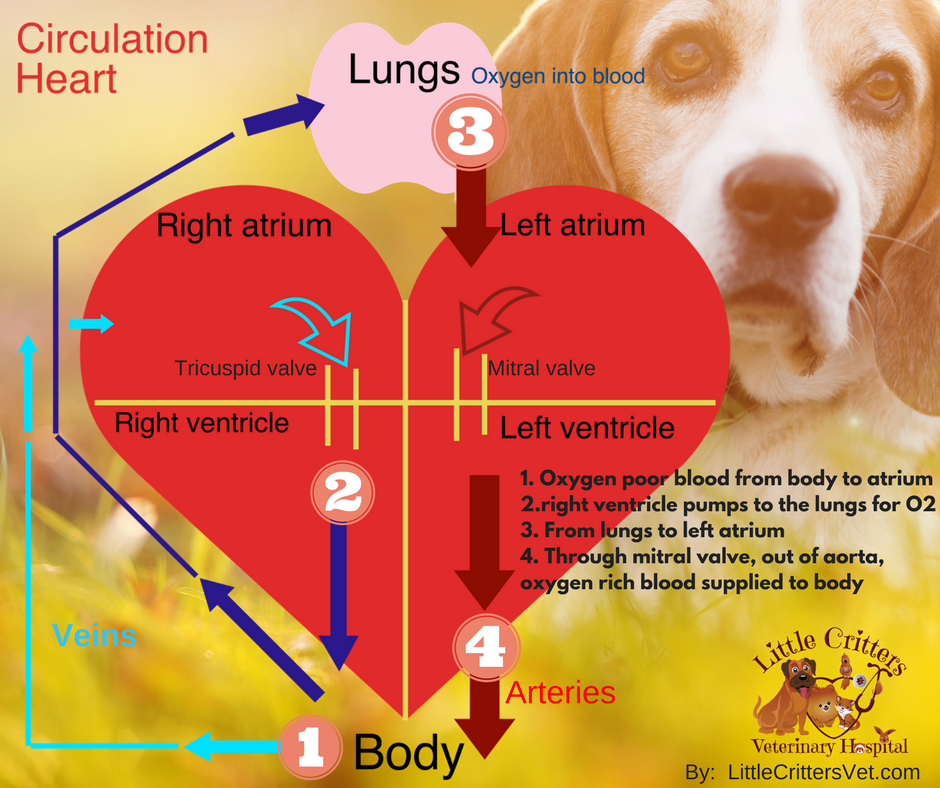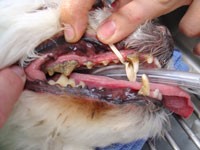|
Senior Dog Care
Welcome to the Senior Dog Care page at Little Critters Veterinary Hospital, Gilbert, AZ. As our beloved canine companions age, their health care needs evolve, requiring specialized attention and understanding. This page is dedicated to providing you with valuable information on the care and well-being of senior dogs. We focus on the unique health challenges they face, from arthritis and organ disease to dental care and diet modifications. Our goal is to help you ensure that your senior dog enjoys a comfortable, healthy, and happy life in their golden years. At Little Critters Veterinary Hospital, we believe in a proactive approach to senior dog care, emphasizing preventative measures and early detection of potential health issues. Join us in exploring the various aspects of caring for your aging canine, where we offer insights and guidance on how to best support your loyal friend as they age.

Diet:
Senior dogs often require lower calories to prevent obesity resulting in stress and strain on older hips and knees.
- Many senior diets are fortified with glucosamine to encourage better joint function as well as anti-oxidants to scavenge free radicals that are causing joint damage
- Small volumes and good digestibility are important
- Often a prescription diet is required based on a particular disease state
Patients with kidney disease require very low protein diets
Periodontal Disease:

- Abscessed teeth, excessive tooth wear, severe gingivitis, and fractured teeth are all very common in senior pets.
- Extractions are often the end result of years of tooth neglect and are often needed to relieve pain and infection.
- Veterinary dentists are utilized to help save such diseased teeth with procedures such as root canals.
- Depending on the level of oral disease, dental cleaning/periodontal therapy may be needed very 6 months or more.
- Oral tumors can develop more commonly in our senior dogs and are often fist detected during a routine dental cleaning. Regular home dental care will help the owner become familiar with their pet’s mouth and help identify early changes.
As always – The key is preventative care prior to this stage of life
Organ Disease and/or Failure:
Kidney, liver, heart, gastrointestinal, pulmonary disease all become more common in seniors. Problems can include infections, cancer, dysfunction and failure of particular organs.
Regular blood screening is vital in early identification of many organ dysfunctions
Regular exams, laboratory testing, EKGs, and radiographs in seniors will help to identify heart and lung disease early in the process, allowing for better treatment or resolution.
Senior pets should have a complete veterinary examination every 6 months. At this age, change in the body is occuring rapidly and early detection is the key to providing the best care.
Dogs at risk for developing heart disease such as boxers, great danes, and dobermans should have a chest x-ray and EKG at least yearly.
ARTHRITIS:
Arthritis is a common problem in seniors and is addressed further under common disease conditions below. Many people see their older pet slowing down, taking short steps with the back legs, having difficulty raising their hind end after resting, or moan and groan when laying down. Often this is incorrectly attributed to normal aging and treatment is not provided. It is important to realize that all of the above signs indicate that your dog is in pain and pain should not be considered a normal part of aging. Unfortunately, in many of our older large breed dogs arthritis often becomes a life ending disease. Many of these big dogs will be unable to get up or around due to the pain and owners often have to euthanize them. However, in other seniors, medical therapy with a non-steroidal anti-inflammatory can be very rewarding, will improve quality of life, and allow for a longer life in those dogs that are now able to function normally. Owners will notice that their pet begins to act more like a young dog when their pain is treated with the appropriate medication. If your senior dog is very slow to get up in the morning or circles many times and appears painful upon laying down, than I encourage you to have your pet examined by your veterinarian. As always, ideally we wish to prevent disease altogether and the best way to do this is by preventing obesity, providing moderate exercise, and treating pain and inflammation as they occur or as needed.
Commonly used arthritis medications
- Carprofen (Rimadyl®, Vetprofen) – chewable tablet given once or twice daily - works by reducing inflammation
- Adequan - An injecion given monthly to support and possible restore joint cartilage
- Meloxicam (Metacam®) – liquid given in food (never to be used with Rimadyl)
- Oral glucosamine/MSM - to support joint healthy and cartilage
- Omega 3 fatty acids - reduce inflammation in the joints naturally. We use a Krill oil chewable treat.
- Tumeric - Many people feel this is helpful for reducing joint inflammation
- Acupuncture - Offered at Little Critters Veterinary Hospital and reported to be very beneficial at increasing mobility
- Mobility supporting Diets
Lump, Bumps and Masses
Lumps are very common in seniors and can range for the benign fatty lipoma to malignant neoplasia
Any new lump should be examined by your veterinarian and an simple in-hospital needle biopsy can be obtained to determine it is benign
Certain breeds such as boxers are more prone to cancer and all new lumps should be treated as suspect an either biopsied or removed.
Small benign warts and skin tags can be removed by freezing (Cryosurgery) and no anesthetic may be needed. Examination is required.
|